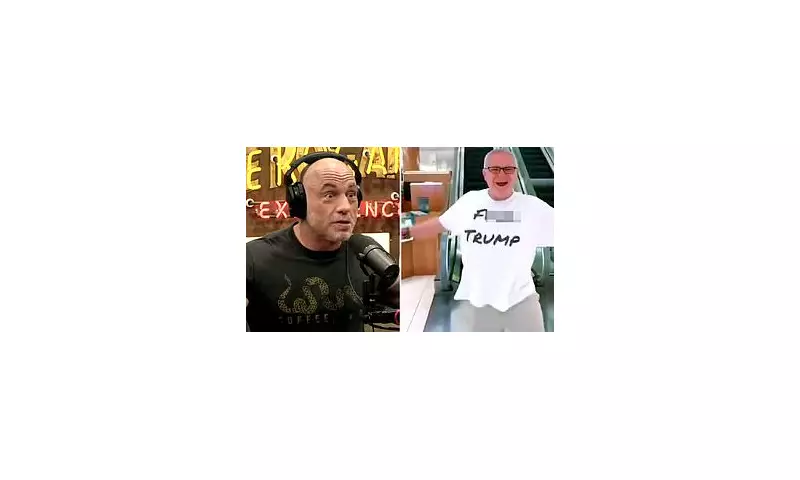
In a startling example of how artificial intelligence is being weaponised to manipulate public opinion, a convincing deepfake video featuring popular podcaster Joe Rogan has emerged, falsely showing him endorsing Kamala Harris's running mate, Tim Walz.
The sophisticated AI-generated clip, which has been circulating across social media platforms, depicts Rogan's likeness and voice with unnerving accuracy as he appears to praise Walz's credentials. The fabrication is so technically advanced that it could easily mislead unsuspecting viewers into believing the endorsement is genuine.
The Rise of AI Election Interference
This incident represents the latest in a growing trend of AI-generated content being used to interfere with democratic processes. Political analysts are expressing grave concerns about the potential for such technology to distort electoral landscapes and manipulate voter perceptions.
"What we're witnessing is a new frontier in election meddling," explained Dr Eleanor Vance, a digital forensics expert at Oxford University. "The accessibility of AI tools has lowered the barrier for creating convincing disinformation, making it increasingly difficult for the public to distinguish reality from fabrication."
Social Media Platforms Under Scrutiny
The rapid spread of the fake Rogan video has reignited debates about social media companies' responsibilities in policing manipulated content. Despite policies against synthetic media, the video gained significant traction before being flagged by fact-checkers.
Platforms including X (formerly Twitter) and Facebook are facing renewed pressure to enhance their detection systems for AI-generated content, particularly as election campaigns intensify on both sides of the Atlantic.
Broader Implications for Democracy
Security experts warn that such sophisticated deepfakes could potentially influence voter behaviour and undermine trust in legitimate political discourse. The timing of this fabricated endorsement, during a critical period in the US election cycle, highlights the urgent need for countermeasures.
"This isn't just about one fake video," noted Professor James Whittaker, a cybersecurity specialist. "It's about the integrity of our information ecosystem. We're entering an era where seeing is no longer believing, and that has profound implications for democratic societies worldwide."
As AI technology continues to advance, lawmakers and tech companies are racing to develop solutions to detect and mitigate the impact of deepfakes before they can cause significant damage to electoral processes and public trust.





